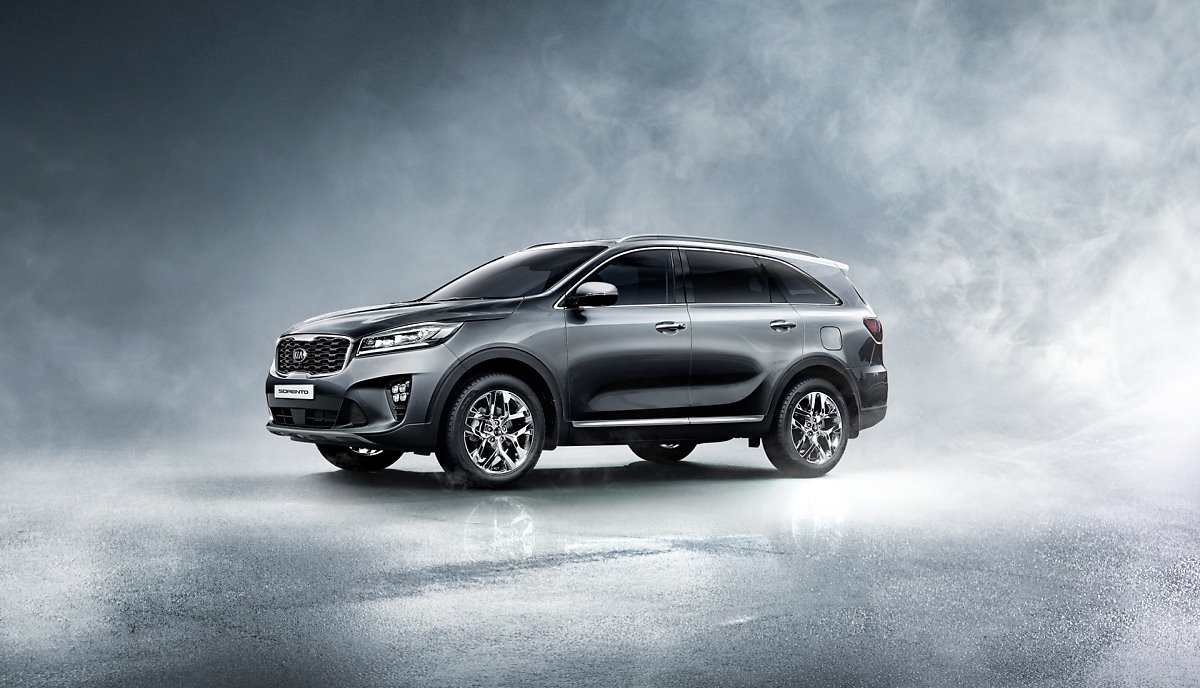After a bumpy year with flat consumer sentiment and global trade uncertainties, the automotive market is likely to face a similar business environment in 2020, with sport utility vehicles, electric vehicles and luxury cars remaining popular, according to market analysts.
Hyundai Motor Group’s think tank for global business research and development center noted that the global auto market is estimated to record sales of 86.95 million units in 2019, down 5 percent from the previous year. This can be attributed to weak sales in the rising markets of China, India and Brazil, and stagnant sales in major markets like the US and Western European countries.
“In 2020, the emerging markets are likely to see their auto sales improve a little, but not enough to have a huge impact on the overall pie. The US and European markets are expected to maintain their low sales due to ongoing trade wars and the Brexit issue,” said Lee Bo-sung, head of Hyundai’s global business R&D center.
He expects global automotive sales to record around 87.3 million units in 2020, a 0.4 percent improvement.
According to Lee, the global trend of three lows -- low living costs, low interest rates and low development -- will continue to burden automakers in terms of lowering their vehicle manufacturing costs.
In the domestic market, Korean consumers’ preference for luxury cars is likely to continue, while more automakers are preparing to launch well-received SUVs and electric vehicles to pull up sales.
In 2019, around 1.75 million vehicles were sold in Korea, down 3.6 percent from the previous year due to supply issues from foreign carmakers, aging of the automakers’ flagship or major models and reduced private consumption.
 |
Kia Motors’ Sorento (Kia Motors) |
 |
A visual of the interior of an autonomous car (Hyundai Motor) |







